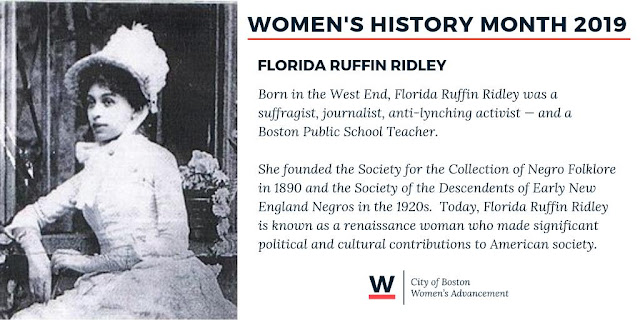Tho' I missed the slam, here is my first attempt at slam poetry on theme "scarred for life" (draft II)
by Norah Dooley
with thanks to Kiran Singh Sirah for his workshop and inspiration at Sharing The Fire, 2014
scarred for life ?
yeah, its harsh and it is real
But there is much more pain in the
wound that never heals.
Yeah I have my scars- mother's illness and brother's too
filled our home with screams, cries and deep sadness too
Those screams and cries made these scars yeah I can see mine any day
but… I have the option to look away. Most days that is true.
The locked ward takes a few moments to get into
and you wonder what the smell is that assaults you…
I was visiting my brother - see, my mom used to cry,
"Who will take care of him? O! promise you will take care of him when I die."
Yesterday I visited, taking care of him isn't easy but we try.
We are his legal guardians, my sister and I
Smell is the first sense and it hits you like Mace
Then the faces - the frightened, anguished faces of broken souls that are in that space
With fear, confusion, distortion and pain
They look at all visitors for a scrap of hope yet rarely complain
If you have nothing for them - not even a smile?
They walk on by in an eery drugged glide
This day the door opens all the patients march by me in scrubs and rags
off to smoke in the cold space between buildings
tho drugged, they move quickly, nobody lags
My brother is not with them and that surprises me
I came to bring him more cigarettes, you see.
He was by himself - well, the voices were there too
He heard the voices in his head and then mine
One moment in la-la land the next moment fine.
He is in deep trouble and almost knows it is true.
Those voices are not his friends - O the things they tell him to do.
We talked and I explained his situation and
In between the in-jokes he told me his expectation.
"Just tell them I controlled myself and did not hurt her much -
She was pissing me off, still- I used a lighter touch.
You are the guardian - take care of me. " Was his clarity my imagination?
He was tired and needed to rest so I took my leave.
Does he think I am magic and have something up my sleeve?
Does he think his logic will grant him a reprieve?
I left him there but the sadness came with me.
And him? He was left with nothing but his deep hole of pain.
Yeah, I am often touching scars and I can tell you how it feels
but ever so much harder
is the wound that never heals.
March 29, 2014
Sharing the Fire,
For backstory on my brother read here:
http://norahdooley.blogspot.com/2010/09/edited-my-brothers-keeper-for-real.html


.jpeg)



.jpeg)












